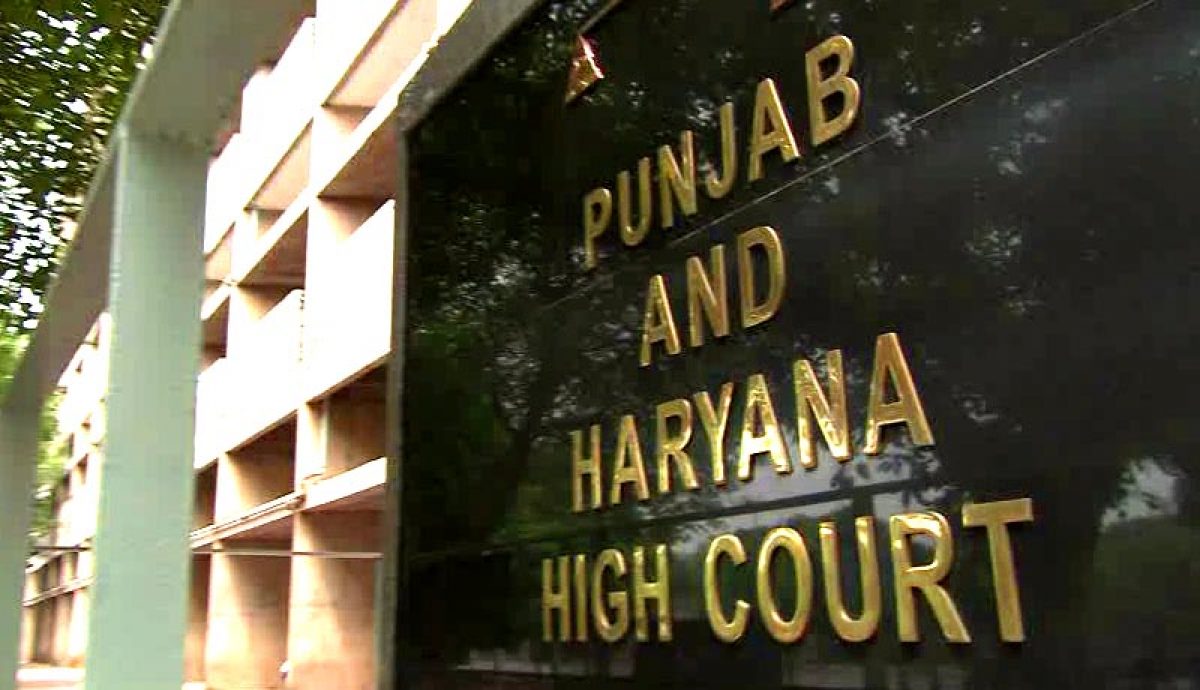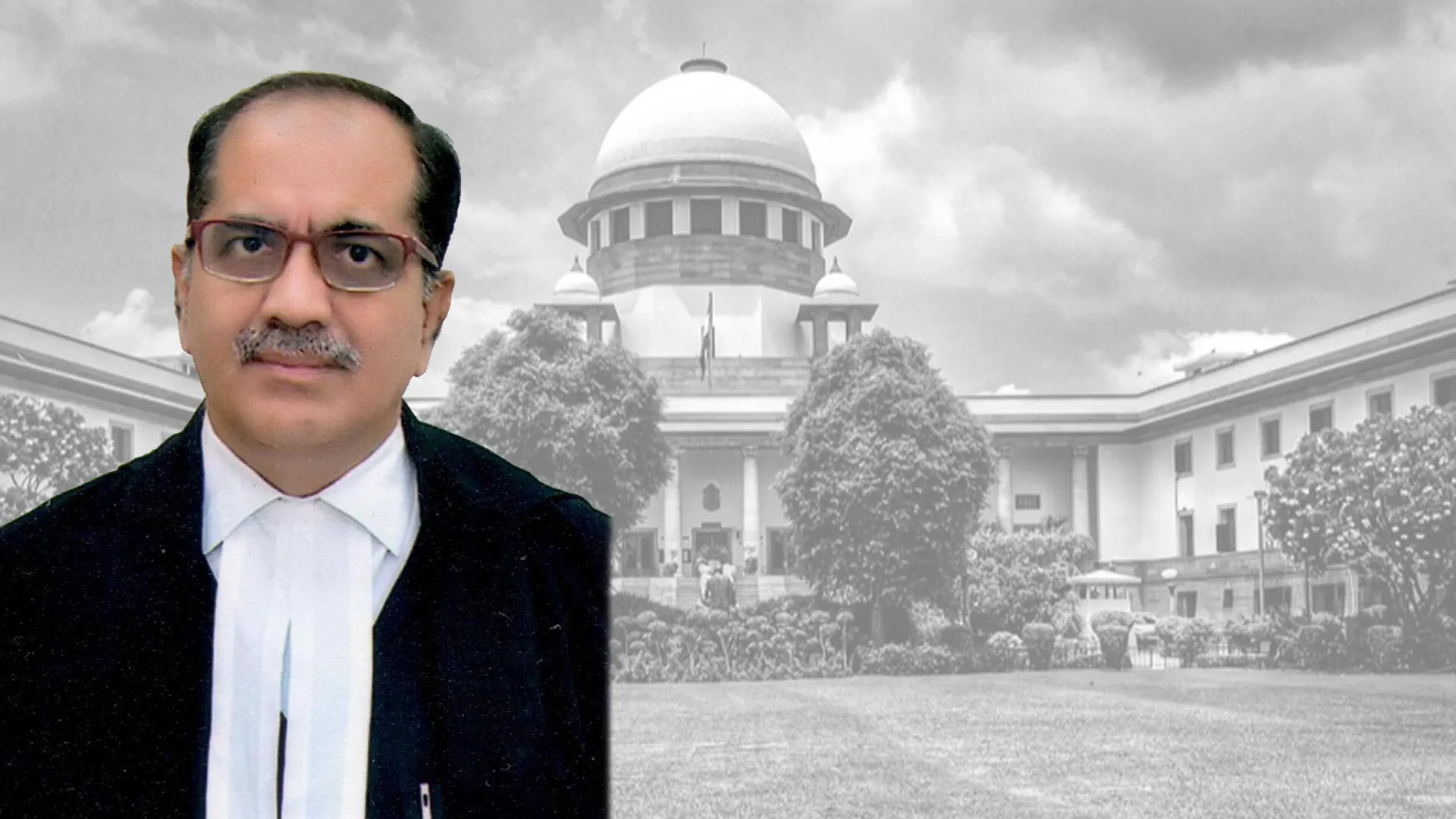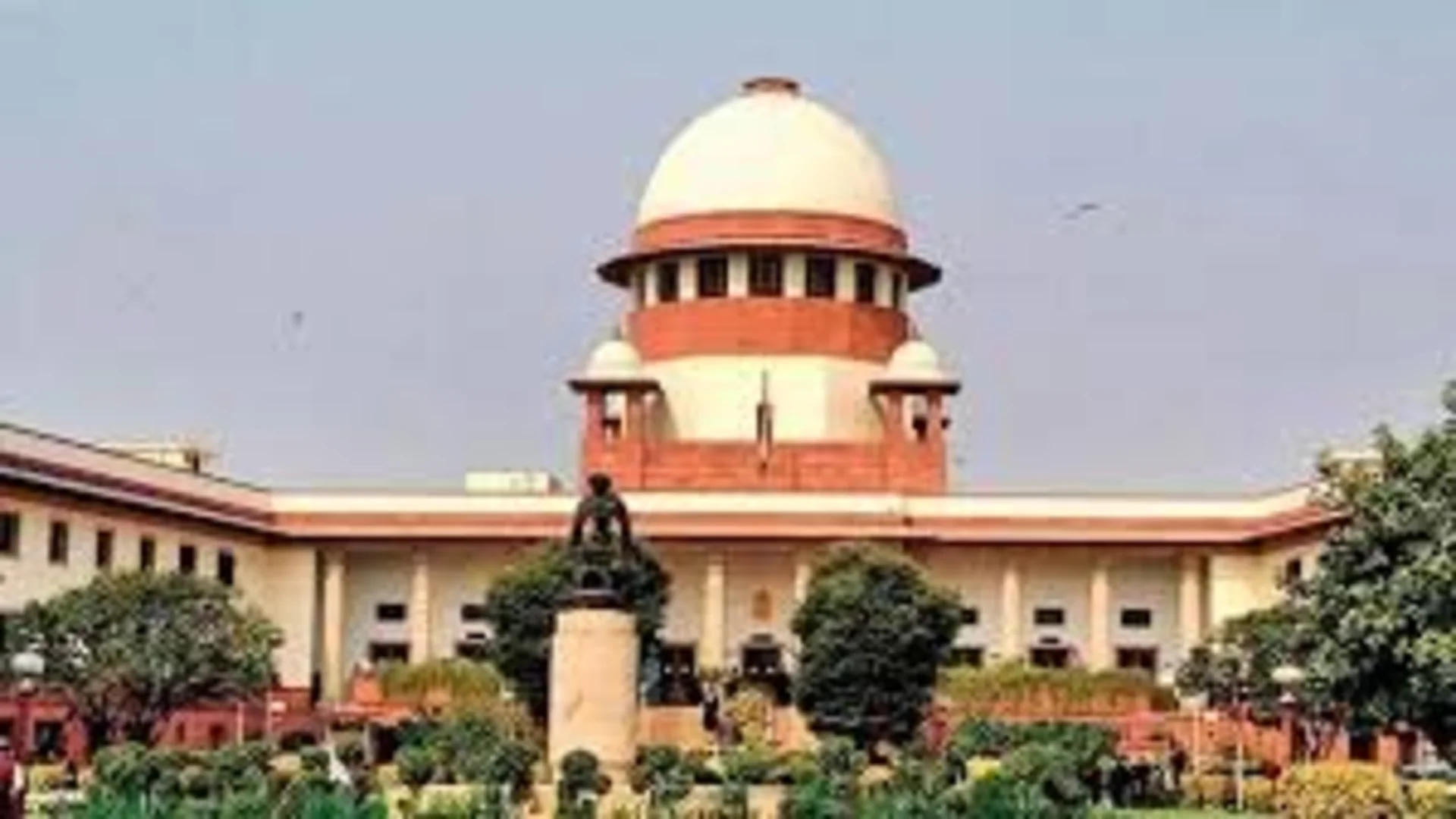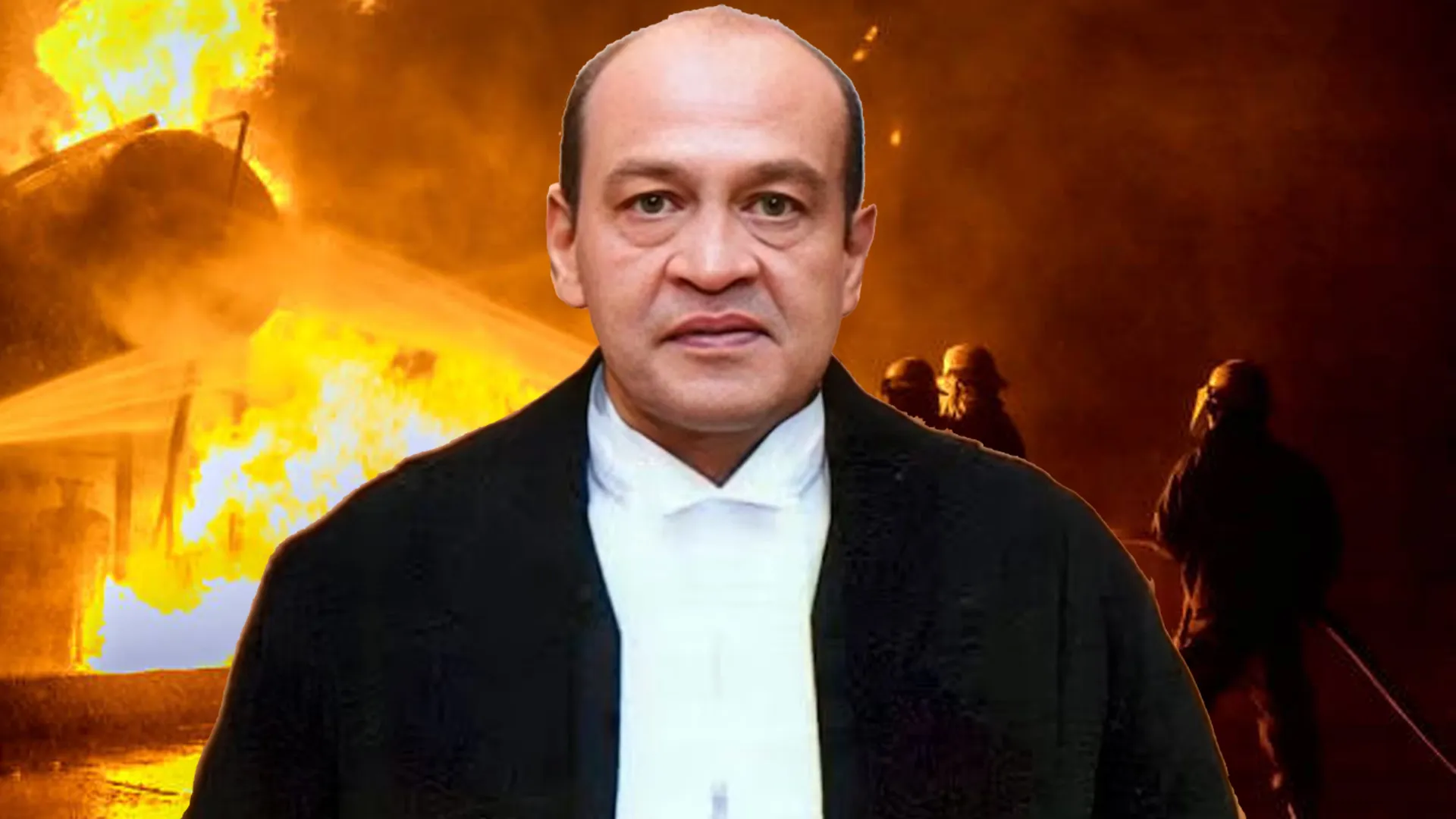The Punjab and Haryana High Court in the case Tarsem Singh (deceased) through his LR versus Major Singh (deceased) through his LRs & Others observed, while dismissing a regular second appeal by the plaintiff against the judgements and decrees by the Courts below dismissing his suit for permanent injunction, the court held that once the suit land is not partitioned and the parties are co-owners and co-shares, each and every co-sharer will be considered to be in possession of every inch of land.
The bench comprising of Justice Alka Sarin observed while upholding the findings by the Courts below. Further, the bench added that the suit land is joint.
It was noted by the Court that a joint owner cannot prevent another co-owner from using a portion of the joint property by injunction unless this amounts to destruction, wastage or injury to the other co-owners because every there is a right to every co-owner to use the joint property in a husband like manner which is not inconsistent with similar rights of other co-owners.
In the present case, the court observed that a joint owner cannot prevent by injunction the usage of a portion of the joint property by another co-owner unless this amounts to wastage or destruction or injury to the other co-owners. Therefore, co-owner has a right to use the joint property in a husband like manner not inconsistent with similar rights of other co-owners.
During the course of hearing, it was alleged by the plaintiff that he along with his brothers were in exclusive possession as co-sharers of the suit land and the defendants have threatened him to interfere in his peaceful, lawful and exclusive possession of the said land, illegally and forcibly, to which they have no right till the partition of the suit land except as during the course of law.
It was noted by the Court that the plaintiff failed to establish his exclusive possession of the suit land. However, there was no finding that any act by the defendant was detrimental to the interests of the other co-owners in the joint land.
Adding to it, the bench found no illegality or infirmity in the judgements and decrees passed by both the Courts below. However, it was concluded by the court that no substantial question of law has arises in the present regular second appeal.
The court dismissed the appeal.























